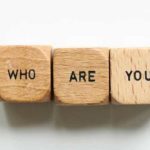Personality Tests: What Is Your Personality Type?

Have you ever taken a personality test, either for yourself or as part of a job interview? It can provide valuable insight into your own or another person’s unique personality, as well as highlight characteristics that might need to be worked on, or perhaps expanded on.
More and more companies conduct personality type tests as part of their selection process when hiring people. The idea is that such tests are able to validate a potential employee’s true character. During a standard job interview, candidates may present themselves in a better light and perhaps hide negative characteristics.
A personality test can assess whether someone is truly suitable for a job and a good fit for the company as a whole. For a company, a good match can reduce employee turnover and increase productivity. For an individual, it can improve self development and enhance career opportunities. So, let’s take a closer look at personality types and different personality tests.
What are personality types?
When we Google personality types, we right away stumble upon the well-known 16 Myers Briggs Personality Types. These types are based on the personality theory of Carl Jung.
According to Jung, every person has a dominant life attitude and a primary function. This classifies him or her as a certain personality type.
Jung Personality Types
Carl Jung used four psychological functions: thinking and feeling (rational functions) and sensation and intuition (irrational functions). In addition, he distinguished between two fundamental life attitudes: introversion and extraversion.
Combining these life attitudes and functions, makes for the 8 Jung Personality Types:
- The extraverted thinking type
- The introverted thinking type
- The extraverted feeling type
- The introverted feeling type
- The extraverted sensation type
- The introverted sensation type
- The extraverted intuitive type
- The introverted intuitive type
Jung introduced his personality theory as a model to categorise different people for the purposes of psychotherapy. The aim was to find a harmonious balance between the different attitudes and functions.
Myers Briggs Personality Test (MBTI)
Jung actually did not intend his model to become a way to label people for job interviews. Nevertheless, the Myers-Briggs Personality Test is one of the most popular assessment tests out there. The MBTI test and chart were developed by Katharine Briggs and Isabel Myers and based on Carl Jung ’s psychological types.
The test helps identify what someone’s reasons and motivations are, what their ideal working environment is and how they interact with colleagues. It is also a useful tool to help people understand themselves better.
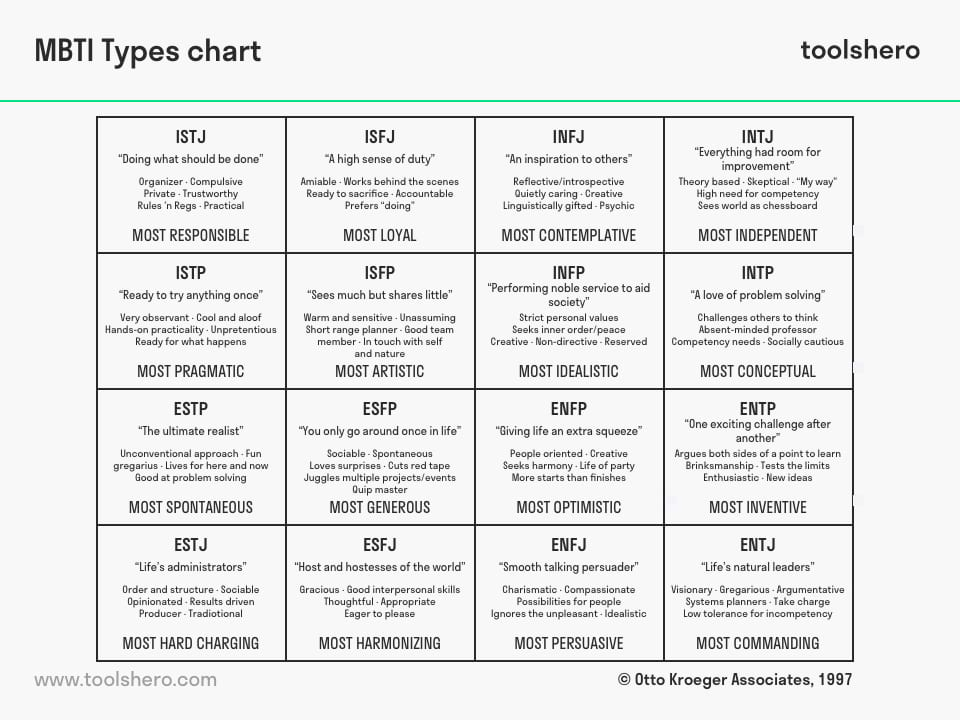
Figure 1 – Myers Briggs Personality Test Chart / MBTI Test Chart
Find out your MBTI personality type on our platform by taking the MBTI test here. Or dive deeper into it via the courses linked below.
Big Five Personality Test
A more scientific approach to personality tests is the Big Five Personality Test. Recruiters have been using this test for years and the method is also used for training or coaching people. According to the Big Five Personality Test, a personality consists of five characteristics, to be remembered by the acronym OCEAN: Openness, Conscientiousness, Extraversion, Agreeableness and Neuroticism.
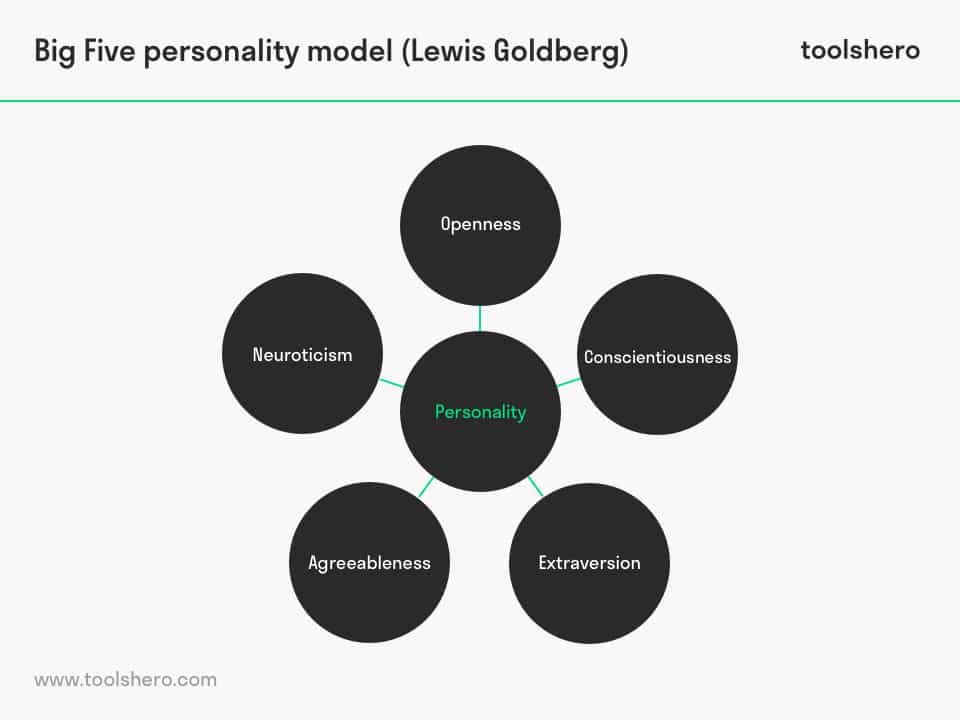
Figure 2 – Big Five Personality Model (Goldberg)
Interested in how you fit into these five characteristics? The Ultimate Management and Leadership Skills Course dedicates a full lecture to the Big Five Personality Types, as well as to the MBTI Types discussed earlier. We’ve also linked a specialized course on the Big 5 Model below.
DISC Personality Test
The DISC Personality Test was developed by the psychologist William Moulton Marston. By using the DISC Personality Test people you can get a thorough understanding of your own personality and that of others.
The acronym DISC represents four personality styles that are referred to as temperaments: Dominance, Influence, Steadiness and Conscientiousness. The test provides insight into behaviour and the differences between individuals. It also highlights how our needs influence our behaviour.
Each person favours one temperament, but different personality styles are possible too. The DISC personality test arranges the types as two pairs of opposites. On the one hand we have Direct versus Indirect and on the other hand we have Task-Oriented versus People-Oriented.
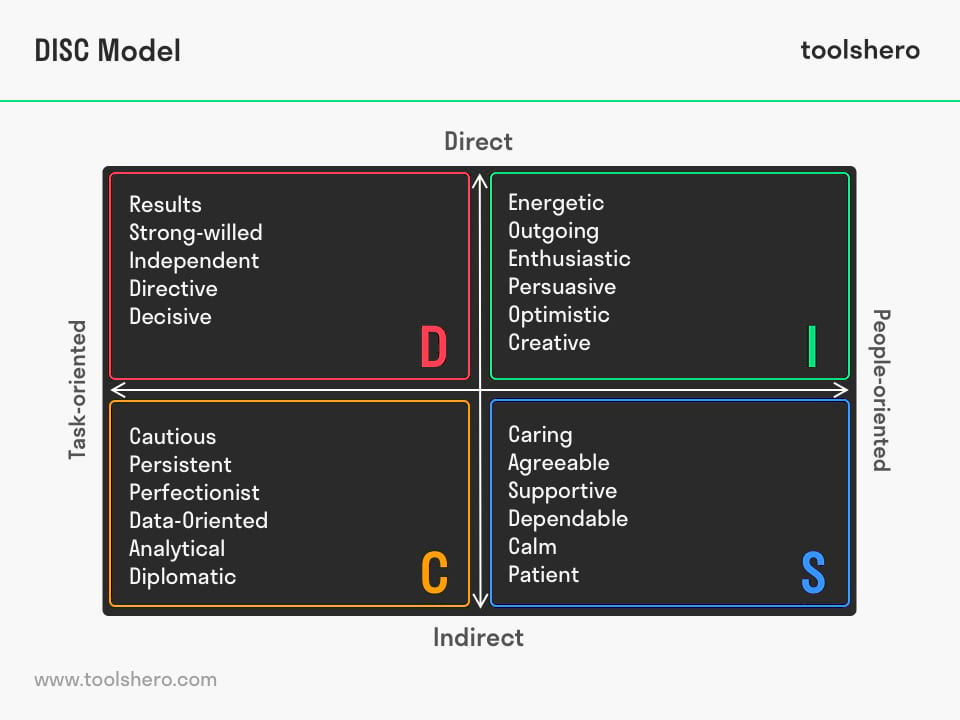
Figure 3 – The DISC Personality Test Model
The DISC Personality Test was independently studied by different universities and was found to have a reliability of 90%. Take a deep dive into this test by taking The Complete DISC Personality Masterclass, or by taking the DISC questionnaire here on our platform.
Personality Type A and B
Personality types A and B are two contrasting personality types, originating from a theory developed by cardiologists Meyer Friedman and Ray Rosenman.
Type A personalities from these theories are more competitive, better organised, more ambitious, more impatient and more aware than personalities labelled as Type B. People with the type B personality, on the other hand, are less susceptible to stress, take more time for most things, love socialising more and are more creative.
The Type A often has a negative image. The theory describes that people with this personality type often have a great work ethic, but an unrealistic sense of urgency. For them, quantity is often more important than quality, and they are more susceptible to burnouts due to their restless nature.
The type B personality is the opposite of personality type A. People with this personality type are generally more relaxed and can more easily postpone things until the last moment. They are more patient, creative and tolerant. They do not get angry or annoyed quickly and are able to control their emotions better than people with personality type A.
Do you recognize characteristics of these personality types in yourself? In theory, people would only have a type A or type B personality. In reality, however, it functions as more of a spectrum. Therefore, other personality types have since been discussed. These are called type C and D personality.
Read more about the personality types A and B and useful tips in our article on this personality model.
Enneagram
Around 1900, the Enneagram was introduced to the west by the Armenian Georgi I. Gurdjieff. As a spiritual teacher, he used it as a cosmological model. He made the distinction between essence (a person’s real being) and personality.
The father of the modern variety of the enneagram is Oscar Ichazo, who wrote a book about this in the 1950s. The Enneagram was first used by psychologists in the 1970s. To date, the Enneagram is regarded as a pseudo-scientific method to identify personality types.
It describes nine basic models of our behaviour, in terms of needs, assumptions and positive and less positive motives in life. By gaining insight into the Enneagram, you’ll be able to understand your own behaviour and that of others. It furthermore provides suggestions for personal growth.
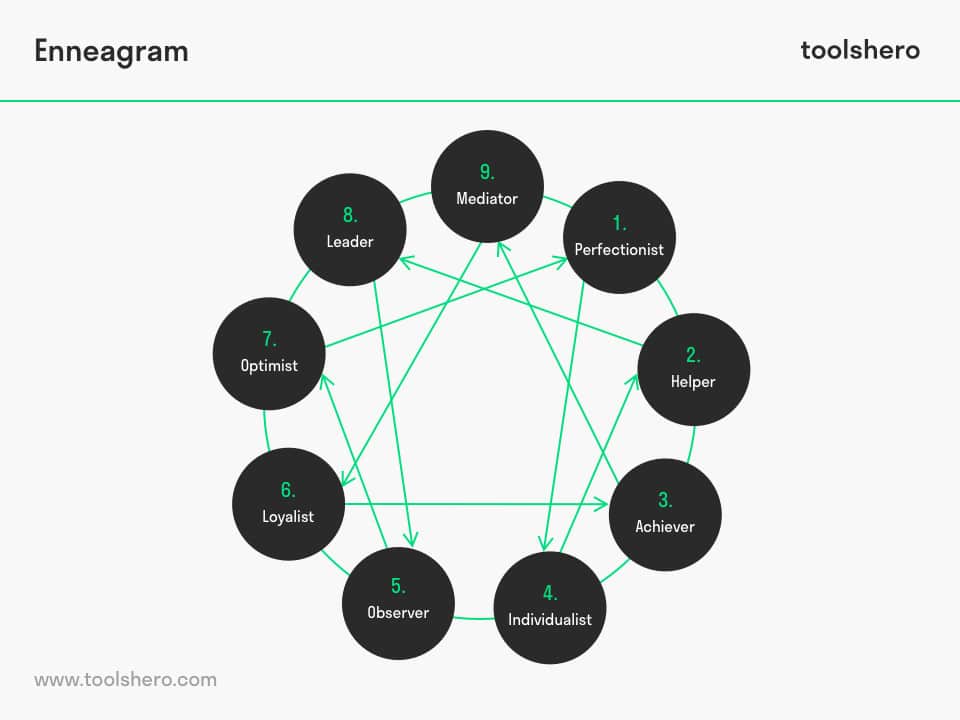
Figure 4 – Enneagram Test Types
To find out your Enneagram personality type, you can download the test on our platform. Should you want to understand, interpret and apply the Enneagram to every aspect of your life, take a look at The Enneagram Certification course (linked below as well).
Resources to dive deeper:
Now that you’ve taken a closer look at personality types and the different personality tests out there, you might want to dive deeper.
Below you can find the courses mentioned earlier, which allow you to get better acquainted with the different personality tests discussed. They can help you get to know yourself better, as well as get a better understanding of others. Find more information on all these tests on our platform as well.
- The Complete Guide To The Myers-Briggs Type Indicator (MBTI) – Course + Certificate
- MBTI Learning Styles for the 16 Personality Types – Course + Certificate
- Personality Psychology Big 5 Model and Fundamentals 101 – Course + Certificate (2 in 1)
- The Ultimate Management and Leadership Skills Course – Course + Certificate
- The Complete DISC Personality Masterclass: You & Them – Course + Certificate
- The Enneagram: Nine Types In Depth – Course + Certificate
How to cite this article:
Baas, S. L. (2024). Personality Tests: What Is Your Personality Type?. Retrieved [insert date] from Toolshero: https://www.toolshero.com/blog/personality-types-and-tests/
Original publication date: 02/23/2024 | Last update: 02/23/2024
Add a link to this page on your website:
<a href=”https://www.toolshero.com/blog/personality-types-and-tests/”>Toolshero: Personality Tests: What Is Your Personality Type?</a>






